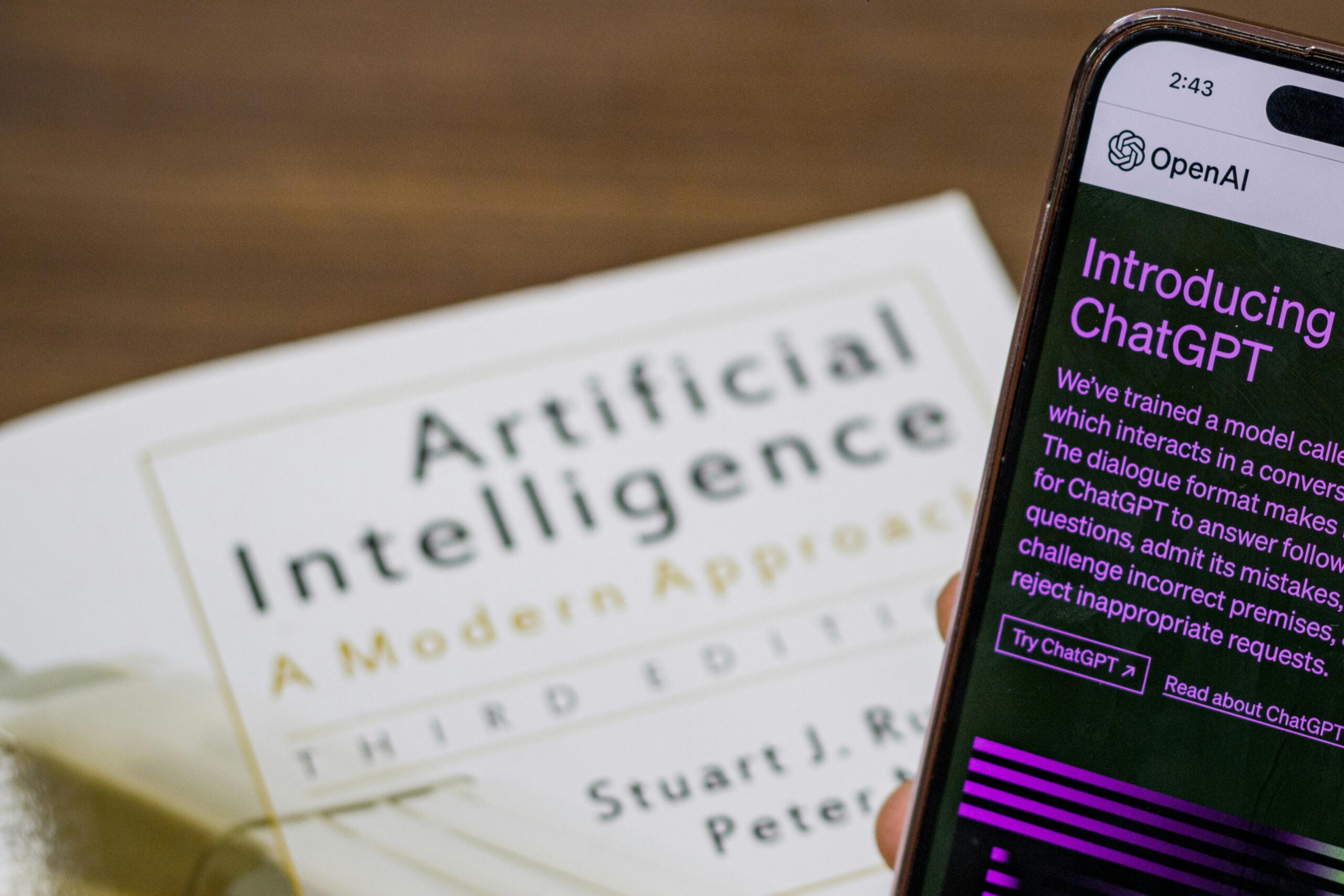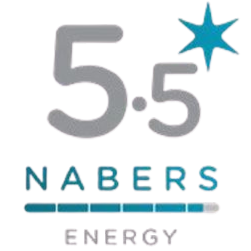
Artificial intelligence is rapidly reshaping how businesses operate, from automating workflows to analysing employee performance and making real-time decisions. Yet as these tools become more embedded in daily operations, so do questions around transparency, fairness, and accountability. How do we ensure technology enhances human work without compromising privacy or trust? In this article, United Co. delves into the ethics of AI in the workplace, unpacking key concerns like data surveillance, algorithmic bias, and decision-making autonomy. In this article, United Co. explores why ethical AI isn’t just good practice, it’s essential for building a culture of integrity and innovation.
Why Ethical AI Use Matters in the Modern Workplace
AI is becoming a digital co-worker. It screens résumés, schedules meetings, flags potential productivity issues, and even drafts performance reports. While these technologies promise efficiency and insight, they also raise new and urgent concerns about equity, privacy, and transparency.
Ethical missteps, whether intentional or not, can lead to unintended harm. From biased hiring tools to excessive employee monitoring, the consequences can damage morale, trust, and even a company’s reputation. That’s why addressing the ethics of AI is not just about avoiding risk, it’s about leading with integrity.
Core Ethical Concerns Surrounding AI at Work
As AI tools become commonplace in hiring, management, and productivity tracking, several key ethical challenges emerge. These concerns affect how employees are monitored, assessed, and supported in the workplace. Below, we explore the most pressing issues shaping the ethics of AI and what they mean for responsible business leaders.
1. Data Privacy and Consent
Modern AI systems rely on vast quantities of data to function effectively. In a workplace setting, this often includes employee behaviours, biometrics, communication patterns, and more.
Yet many employees are unaware of how their data is collected, stored, or used. Without transparent communication and explicit consent, AI adoption risks crossing into unethical territory. Ethical AI use begins with openness, clearly stating what data is used and why.
2. Surveillance and Productivity Tracking
AI tools are now being used to monitor screen time, keystrokes, facial expressions, and online activity, all in the name of performance. But constant monitoring can create an atmosphere of distrust and anxiety, undermining creativity and psychological safety.
The key question is: Does AI support productivity, or surveil it? Businesses must tread carefully to avoid shifting from performance enhancement to digital micromanagement.
3. Algorithmic Bias and Fairness
AI can mirror and magnify the biases embedded in the data it’s trained on. Hiring platforms, for example, may unconsciously favour candidates based on gender, age, or background, simply because historical data reflects systemic inequalities.
To align with the ethics of AI, businesses must regularly audit algorithms, diversify training data, and prioritise fairness in outcomes. Human review should remain an essential part of AI-assisted decision-making.
4. Autonomy and Human Oversight
When we delegate decisions to AI, especially those affecting people, it’s vital to ensure that human judgment remains part of the process.
Whether it’s approving leave requests, flagging performance issues, or recommending promotions, AI should serve as a support system, not a replacement. Ethical frameworks like “human-in-the-loop” models help preserve autonomy and accountability.
The Business’s Responsibility to Get It Right
Employers are more than users of AI, they’re its stewards. While software developers and tech providers play a role in shaping how AI is built, organisations are responsible for how it’s applied in real-world workplace contexts.
This means setting clear internal standards. Businesses must define what responsible AI looks like in their culture, conduct regular impact assessments, and ensure employees understand how these tools work. Transparency, inclusion, and cross-department collaboration between HR, legal, IT, and leadership are critical to shaping a responsible AI approach.
At United Co., we believe that future-focused workspaces should support not only innovation but also ethical leadership. From digital infrastructure to culture-building, the environment plays a key role in how technology is adopted and discussed.
Building a Responsible AI Culture
Navigating the ethics of AI is not just about policies, it’s about people. Organisations that lead in this space do so by creating a culture of awareness, dialogue, and adaptability.
Start by involving teams early when introducing AI-powered tools. Communicate clearly about what each system does, what data it uses, and how it aligns with company values. Encourage feedback, flag concerns openly, and be prepared to revise or pause implementation if ethical issues arise. This kind of transparency doesn’t slow innovation, it builds trust. And trust is what enables innovation to scale sustainably.
Ethical Innovation Is the Way Forward
The future of work will be powered by AI, but how that power is used will define your organisation’s culture, impact, and reputation. Leading with ethics doesn’t mean rejecting AI; it means adopting it in a way that puts people first.
The ethics of AI is about more than compliance, it’s about care. Care for your employees, for your customers, and the long-term health of your business. By adopting AI thoughtfully and transparently, businesses can harness its benefits while safeguarding the human values that truly matter.
Looking to build a future-ready, people-first business? United Co. offers flexible office spaces, digital infrastructure, and a supportive environment that enables ethical innovation. Connect with the United Co. team to explore how your organisation can grow with purpose and integrity.






